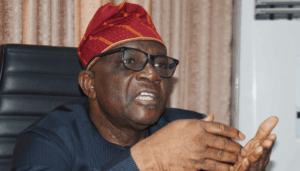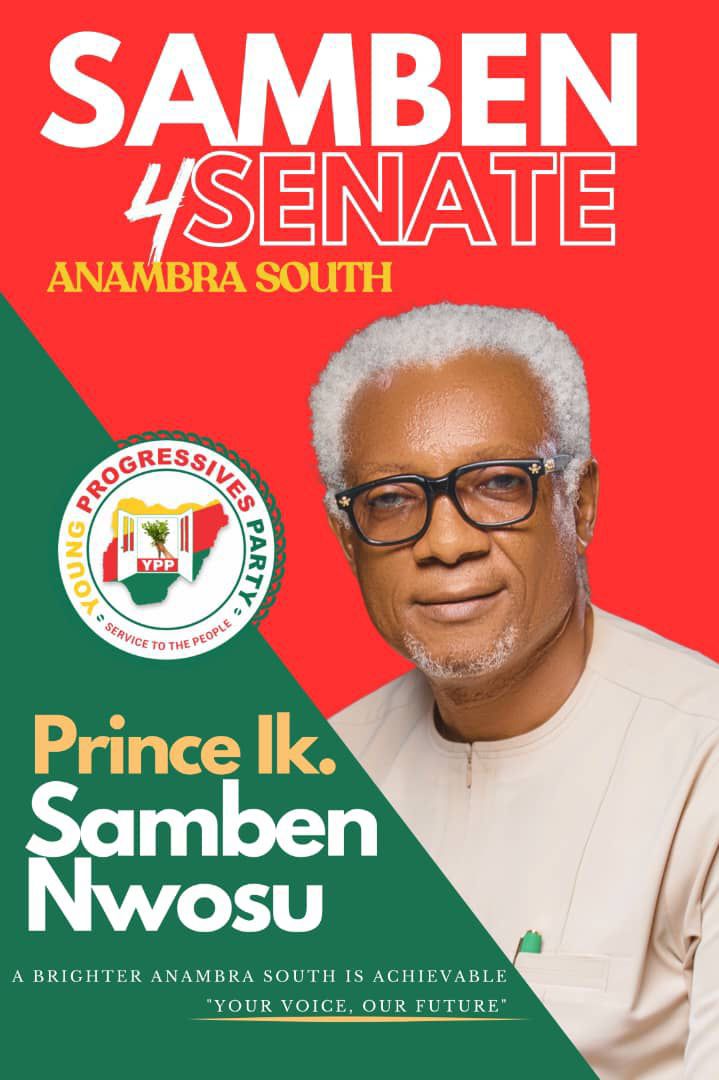
The Nigerian Presidency has defended its recent approval of a ₦10 billion solar energy project for the State House, following public criticism over the project’s cost amid ongoing economic hardship in the country.
The clarification came from Bayo Onanuga, Special Adviser to President Bola Tinubu on Information and Strategy, who took to his verified X (formerly Twitter) account to respond to mounting questions over the necessity and timing of the initiative.
Onanuga argued that transitioning the presidential complex to solar power aligns with international standards, citing the White House in Washington, D.C., which incorporates solar energy into its power system. “The White House in Washington D.C. uses solar power,” he stated, sharing a video detailing the American project’s objectives to underscore the relevance of such a shift.
According to Onanuga, the solar installation will provide consistent electricity to key facilities within the State House, including the President’s residence and various administrative buildings. He stressed that the project is aimed at improving energy efficiency and reducing long-term operational costs.
The announcement has sparked mixed reactions across the country. While some Nigerians welcomed the move as a step towards sustainability and energy independence, others questioned the wisdom of allocating ₦10 billion to a single project at a time when millions are struggling with inflation, unemployment, and dwindling public services.
The debate underscores the broader tension between environmental innovation and economic priorities in a country facing significant fiscal constraints. The Presidency maintains, however, that the project reflects a forward-looking commitment to green energy and responsible governance.






